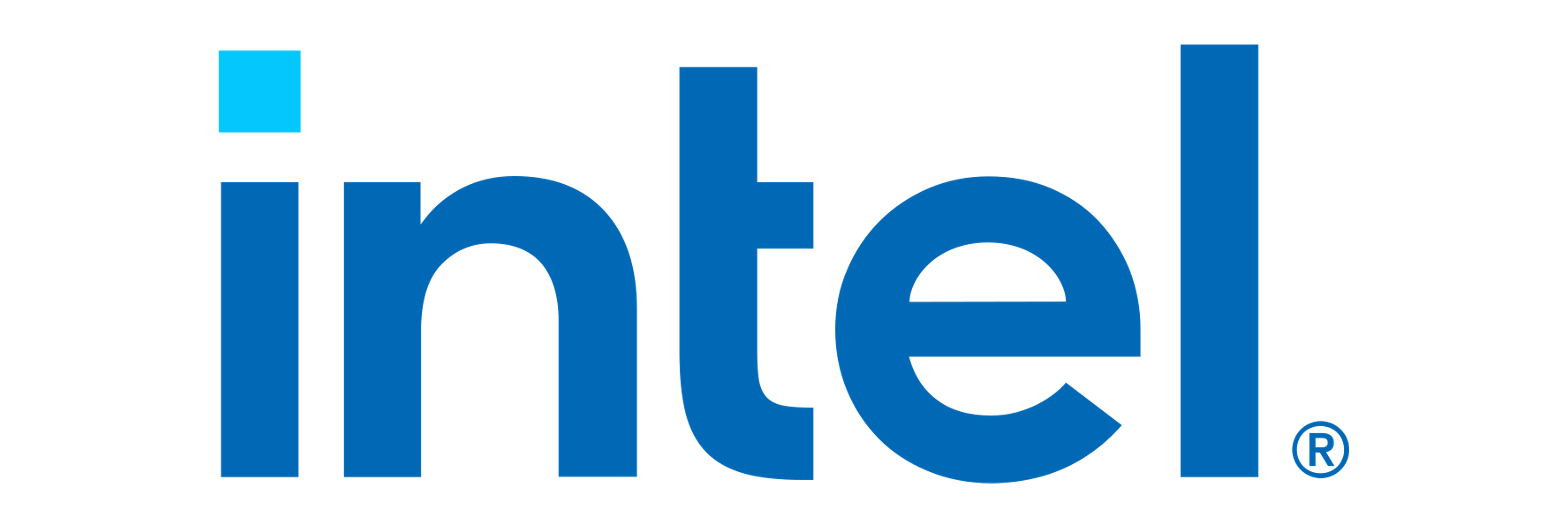OC3 2026 will be a hybrid event, again.
OC3 is the go-to event for security architects, cloud-native engineers, IT security experts, CISOs, CTOs, security researchers, and developers interested in confidential computing. Catering to all expertise levels, OC3 continues as a hybrid conference in 2026, combining high-impact on-site experiences in Berlin with global online participation.
It brings together industry experts, practitioners, and decision-makers to exchange insights and demonstrate real-world deployments. Besides the main conference, a dedicated pre-event will spotlight real-world use cases of confidential computing and AI in the public sector and healthcare.
Featured speakers & talks

Confidential Computing on the Scaling Laws Curve
Deputy CISO
Anthropic
Jason is an executive, philanthropist, author, and engineer who’s been in tech for 25 years and who has led High Tech engineering teams at places like Google and Anthropic, where he was the first CISO and is now the Deputy CISO. In his roles, he has specialized in defense against advanced persistent threats, SDLC, and finance security.

Confidential Computing at Google Scale: An Inside Look
Vice President and Chief Technology Officer
Google Cloud
Will Grannis serves as the Chief Technology Officer at Google Cloud, where he focuses on industry-defining transformations and emergent technologies like Generative AI and Digital Sovereignty. Since joining Google in 2015, he has held several pivotal roles, including founding and serving as the initial CEO of Google Public Sector. Grannis brings over two decades of experience in global information systems, having previously served as CTO at L-3 Communications, an engineer at Boeing’s Phantom Works, and a founder of the big data firm What’s Next. A former U.S. Army officer, he holds a B.S. in operations research from West Point and an MBA from the Wharton School of the University of Pennsylvania.

Remote Attestation of Immutable Operating Systems built on systemd
Principal Engineer
Amutable
I hack on systemd.

Tech Leaders Panel
VP of Software Product Security, Architecture and Research
NVIDIA
Daniel Rohrer is VP of Software Product Security, Architecture and Research at NVIDIA. In his 24 years at NVIDIA, he's led efforts to enhance AI security, deliver GPU Confidential Computing, and advancing research efforts in secure platform design. Daniel has taken his integrated knowledge of "everything NVIDIA" to hone security practices, explore novel cybersecurity solutions, and help deliver some of the world’s most advanced and trustworthy computing platforms.

Tech Leaders Panel
CTO, Deputy CISO, and Technical Fellow
Microsoft Azure
Mark Russinovich is CTO, Deputy CISO, and Technical Fellow for Microsoft Azure, Microsoft’s global enterprise-grade cloud platform. A widely recognized expert in distributed systems, operating systems and cybersecurity, Mark earned a Ph.D. in computer engineering from Carnegie Mellon University. He later co-founded Winternals Software, joining Microsoft in 2006 when the company was acquired. Mark is a popular speaker at industry conferences such as Microsoft Ignite, Microsoft Build, and RSA Conference. He has authored several nonfiction and fiction books, including the Microsoft Press Windows Internals book series, Troubleshooting with the Sysinternals Tools, as well as fictional cyber security thrillers Zero Day, Trojan Horse and Rogue Code.

Confidentiality in the Era of Generative and Agentic AI
Staff Research Scientist
IBM Research
Mengmei Ye is a Staff Research Scientist at IBM Research working on LLM-d and confidential computing in the hybrid cloud department. She received her Ph.D. in Electrical and Computer Engineering from Rutgers University in 2021. Her research work has been recognized with a Best Paper Award at IEEE ICCD 2016 and a Best Paper Nomination at IEEE HOST 2018.
The future of cloud computing is confidential
OC3 is the conference that brings together the confidential computing community. The event is hosted and organized by Edgeless Systems. Our company is built on the principles of open source, using a community-driven approach to deliver confidential computing technology. We invite experts, users, and those who are interested in the topic to share feedback and discuss the future of open-source confidential computing.
OC3
OC3 is the conference for the open-source confidential computing community. Join core committers and contributors, new and advanced users, as well as thought leaders to share experiences and best practices in confidential computing. Learn more about the latest innovations in the ecosystem, updates on current projects, and the future of this powerful technology.
Edgeless Systems
Edgeless Systems is a cybersecurity startup on the mission to build easy-to-use open source tools that make confidential computing accessible to everyone. We develop innovative software that enables new and exciting forms of trustworthy data processing.
Confidential computing
Confidential computing is an emerging technology that protects data not only at rest or in transit but also in use. A hardware-based trusted execution environment provides an isolated area, a secure enclave within a CPU, that protects sensitive data while being processed. The contents of an enclave are always encrypted throughout the data lifecycle.













.svg)
%201.svg)
%5B25%5D.png)




%201.png)







